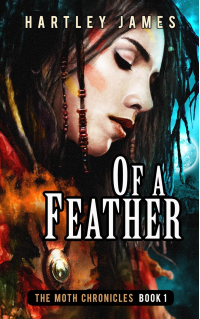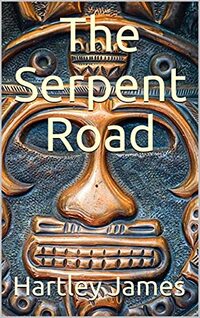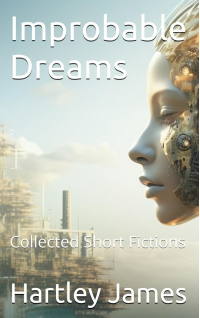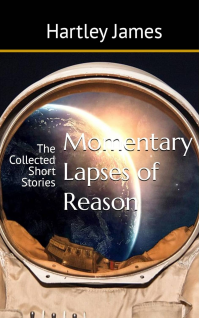Can you tell us about the moment you first fell in love with science fiction? What was it about the genre that captivated you?
I was an enforced quarantine in New Zealand with aging grandparents and the only thing to keep me sane was the local library. It was there that I first discovered Andre Norton on from there, many others.
You mentioned that sometimes science fiction seems to write you rather than the other way around. Can you elaborate on that experience?
I have no control over the characters and where they go. They take me along with them. I am just an unwilling participant in their lives. Am I the character, or are they?
Among the greats of science fiction, such as Asimov, Herbert, and Clarke, who has had the most significant impact on your writing? How?
Mostly, I think, Gene Wolfe, though Banks is also an influence. I fell in love with Shadow of the Torturer, because it is fundamentally a book where very little happens, but it drags you along with it and you can feel Severian's pain and struggle. It keeps you interested right through.
How did you balance the influence of classic science fiction with your own unique voice and style while writing your novel, “The Jump Point”?
I took elements of my own life and travels to wind them in throughout, plus the capabilities of meta humanity that I see as a distinct possibility. In that respect, I should probably blame Robert Reed.
You write a variety of speculative fiction. How do you decide which genre or subgenre to explore for a particular story?
I don't decide. The story does that. See my previous answers.
Can you share a bit about your writing process? Do you have any specific routines or rituals that help you get into the creative zone?
The shower is a great creative stimulus. Don't know if it something about the pounding water. The longer I'm in the shower, the more I'm playing with words. Also, I do quite a bit of research up front. Reading, taking notes. It then all sort of coalesces in the backbrain.
Heinlein’s principle about specialization is for insects seems to be a guiding philosophy for you. How do you apply this principle to your life and work?
By doing as many varied things as possible. By trying things out. Some I get good at, some not so much.
What are some of the other pursuits or interests you engage in apart from writing? How do they influence your work?
I read, I cook, I bake bread, I write poetry, I drink wine, I travel, I know things...ha ha.
In your opinion, what are the most important elements of a compelling science fiction story?
Something that leaves the reader not only engaged, but thinking. Spec fic is, after all, the literature of ideas.
Can you discuss a project or story you’ve worked on that deviates from traditional science fiction? What was the inspiration behind your novel, “Daughter of Atrocity”?
Daughter was actually the second in the Jump Point Cycle. The book just released, Of A Feather, is fantasy, maybe science fictional elements, with one of the major protagonists doubting anything that has the look or smell of magic.
How do you approach world-building in your science fiction stories? Are there specific techniques or strategies you use?
Again, the story writes them. The story dictates what needs to be there. Also my own personal travels feed into that.
Have you ever faced challenges or obstacles while writing science fiction? How did you overcome them?
The biggest one, which some people misinterpret as writer's block is unreadiness to proceed. The subconscious tells you that you are not ready, that you have more work to do, and while the lizard brain is back there working, you need to do other things, read stuff, go for walks, visit galleries and museums. When your brain has done its work, the pen to paper is inevitable.
What themes or messages do you often explore in your book, “Of A Feather” and why are they important to you?
Belief systems, bonding, damage, how humanity functions. All fiction is a mirror to ourselves whether speculative or not.
Are there any current trends or developments in science fiction that you find particularly exciting or inspiring?
Quite the opposite, really. I find that there's a lot of cookie cutter sameness in a lot of fiction these days. The problem is that science and technology are proceeding at such a pace, that all of it is science fiction. How can you write stuff when tomorrow it's real?
How long have you been associated with AllAuthor? How has your experience been?
Don't know, actually. I could probably look it up, but I don't think about it. The experience is always solid.






